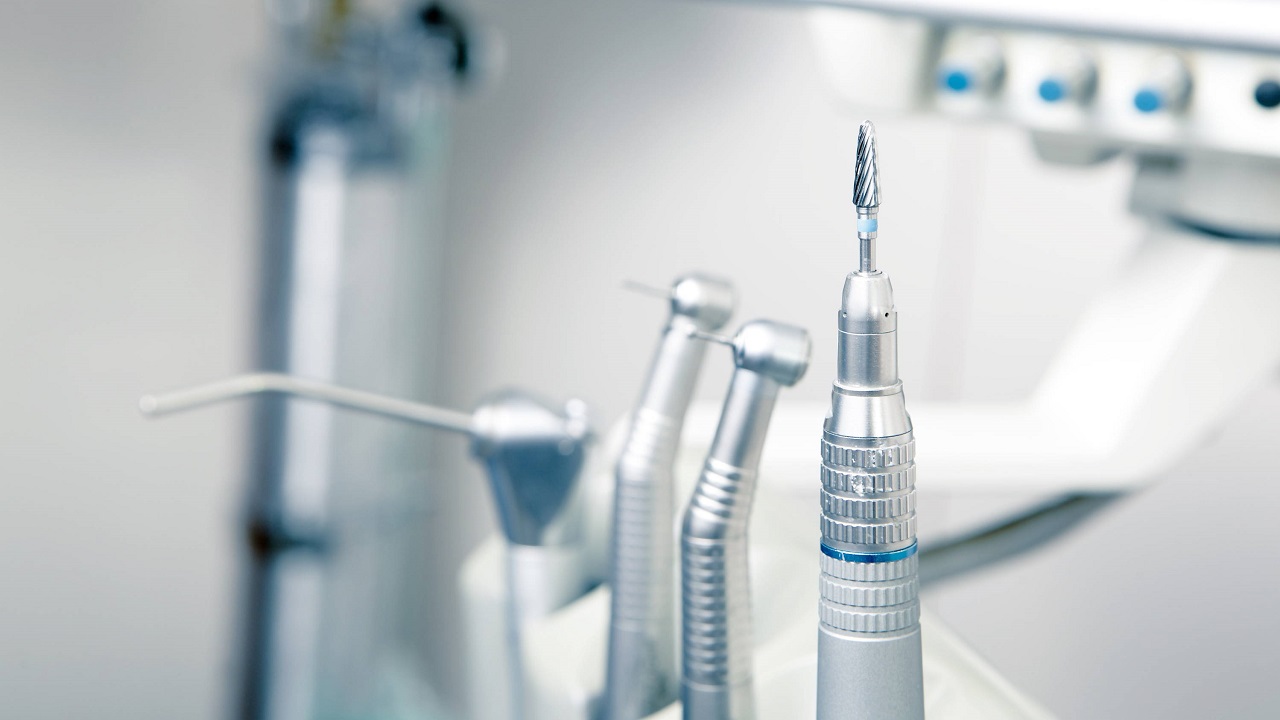Maintaining dental handpieces is essential for dental professionals to ensure smooth and efficient operations in their clinics. As a Dental Supplier Manufacturer, we understand the importance of preserving the lifespan and optimizing the performance of these critical instruments. In this article, we will delve into the best practices and essential tips for dental handpiece maintenance, which will not only extend their life but also enhance their overall functionality.
Regular Cleaning and Lubrication
Cleaning and lubricating dental handpieces regularly are fundamental to keeping them in top condition. After each use, following the manufacturer’s guidelines to clean the handpiece thoroughly is essential. Residue and debris left on the handpiece can cause buildup and compromise performance. Additionally, proper lubrication with the recommended lubricant will reduce friction, noise, and wear, leading to a longer lifespan for the handpiece.
Follow the Manufacturer’s Maintenance Schedule
Every dental handpiece comes with a maintenance schedule recommended by the manufacturer. Adhering to this schedule is crucial to ensure optimal performance and longevity. The maintenance schedule usually includes information on when and how to perform inspections, cleaning, and servicing. Strictly following the schedule will help catch potential issues early and prevent major breakdowns.
Handle with Care
Dental handpieces are precision instruments that require gentle handling. Avoid dropping or mishandling them, as they can cause internal damage and misalignments. Dentists and dental assistants should be trained to handle handpieces carefully, properly placing them back in their designated storage after use.
Use High-Quality Burrs and Accessories
The choice of burrs and accessories can significantly impact the performance and longevity of dental handpieces. Always use high-quality burrs and accessories compatible with the specific handpiece model. Using subpar or incompatible accessories can lead to premature wear and tear of the handpiece components.
Avoid Overheating
Overheating can be detrimental to dental handpieces. Prolonged use without giving the handpiece a chance to cool down can lead to damage. When performing lengthy procedures, it’s essential to provide breaks to the handpiece to prevent overheating. A quality dental handpiece with proper heat dissipation features can also mitigate this issue.
Perform Regular Inspections
Regular inspections are critical to identifying any potential issues early on. Dental professionals should visually inspect the handpieces before and after each use. Look for any signs of damage, wear, or contamination. If any anomalies are detected, the handpiece should immediately be taken out of service for further examination and repair.
Professional Maintenance and Repair
While regular in-house maintenance is essential, it is equally important to seek professional maintenance and repair services periodically. Dental handpieces are intricate devices with delicate components that require expertise for servicing. Dental professionals should partner with reputable service centres or Dental Supplier Manufacturers to ensure proper maintenance and repair.
Proper Sterilization
Sterilization is a crucial aspect of dental practice, and dental handpieces are no exception. Always follow the recommended sterilization procedures provided by the manufacturer. Improper sterilization techniques can lead to contamination and damage to the handpiece.
Conclusion
As a Dental Supplier Manufacturer, we emphasize the significance of dental handpiece maintenance to prolong their lifespan and optimize their performance. By following these essential tips and maintaining a regular maintenance schedule, dental professionals can ensure that their handpieces continue to serve them well, providing precise and efficient dental care to their patients. Remember, a well-maintained handpiece is not only a cost-saving measure but also an investment in the overall success of the dental practice.


